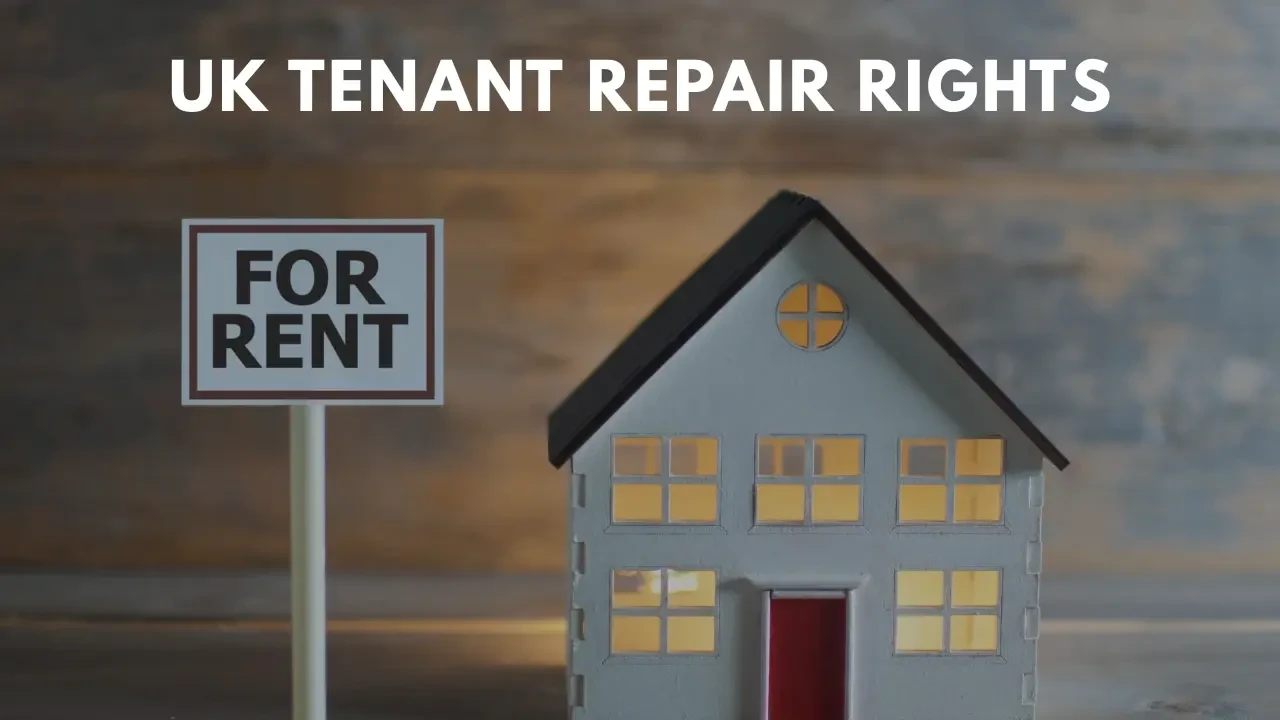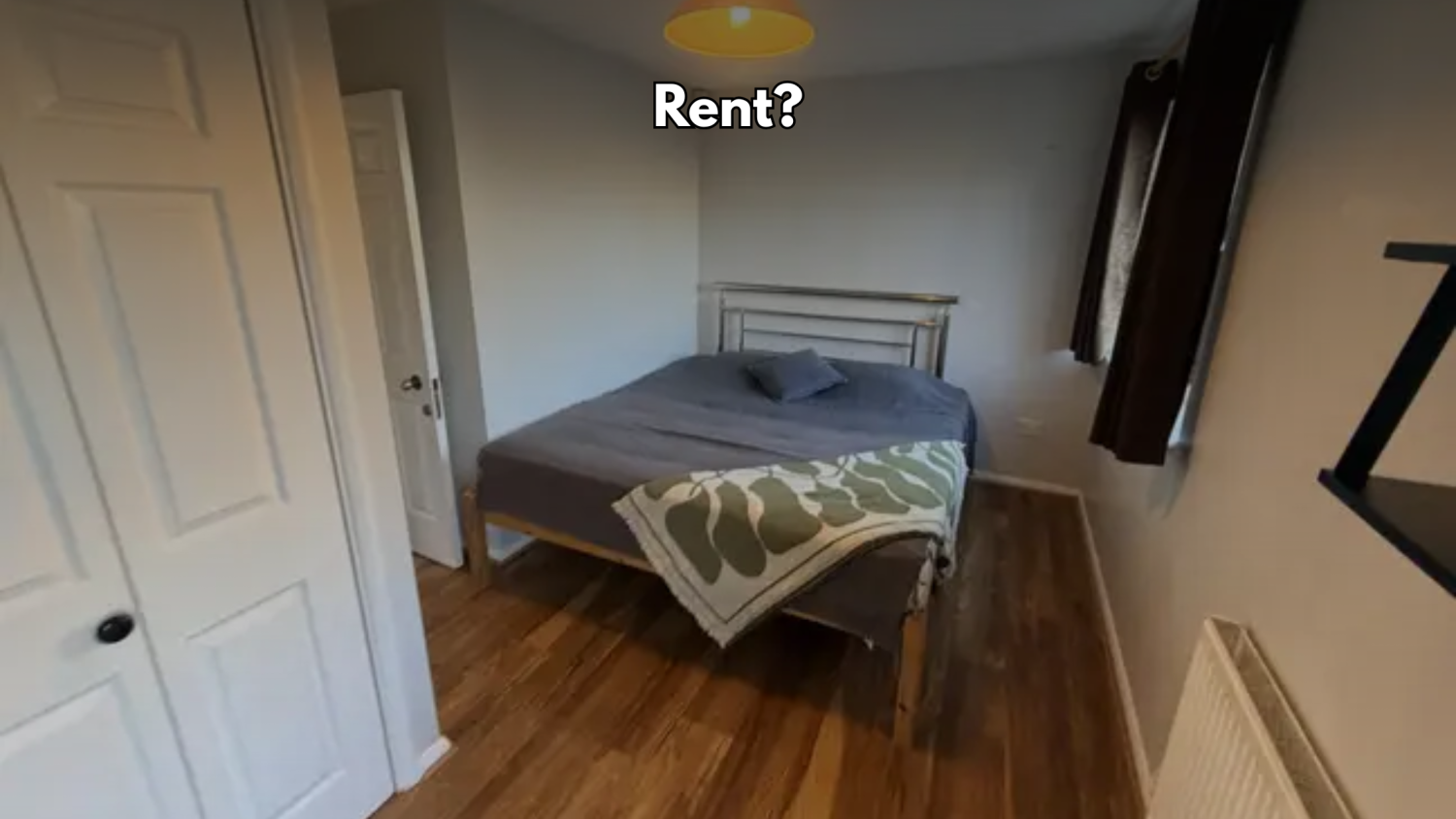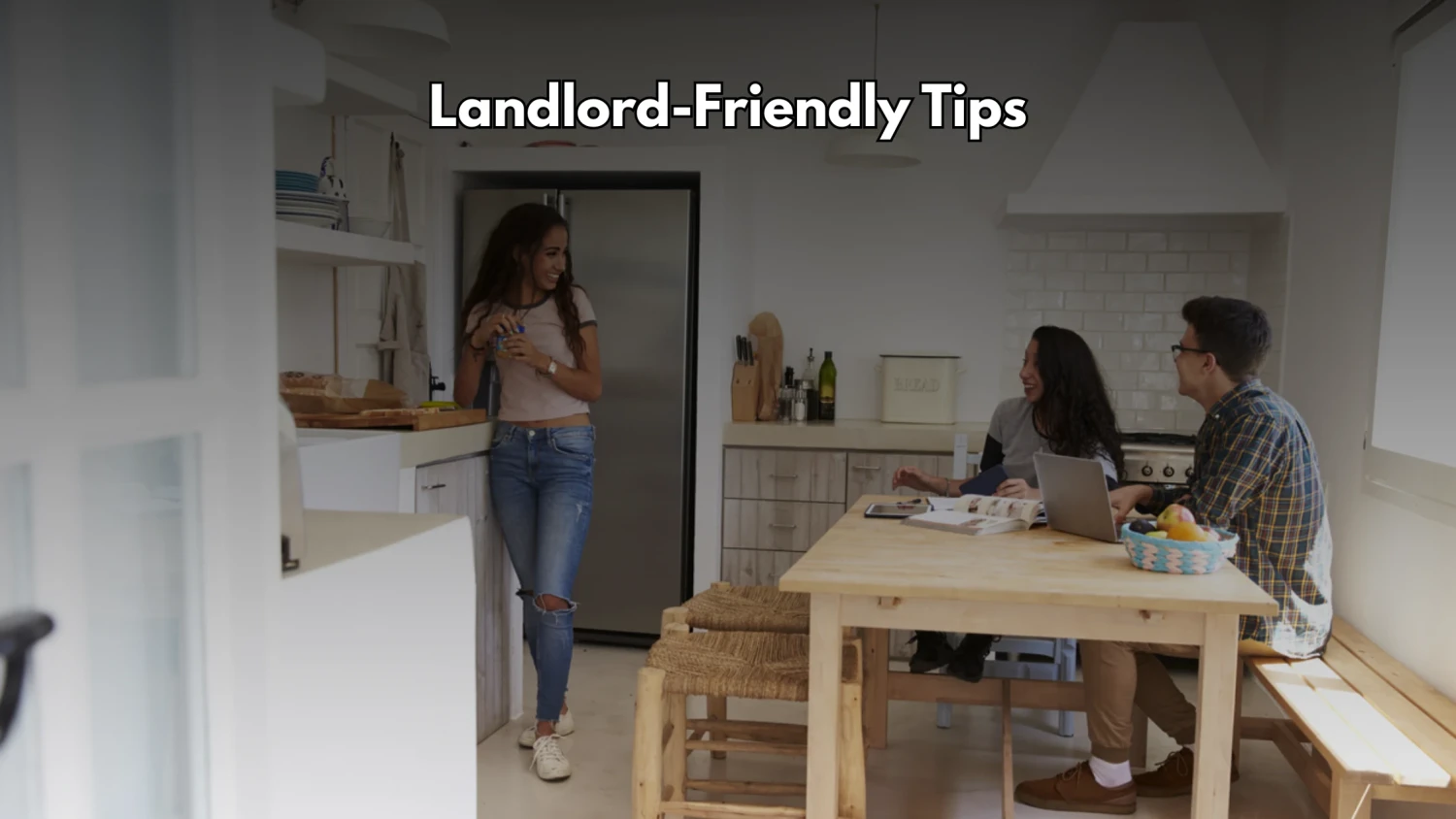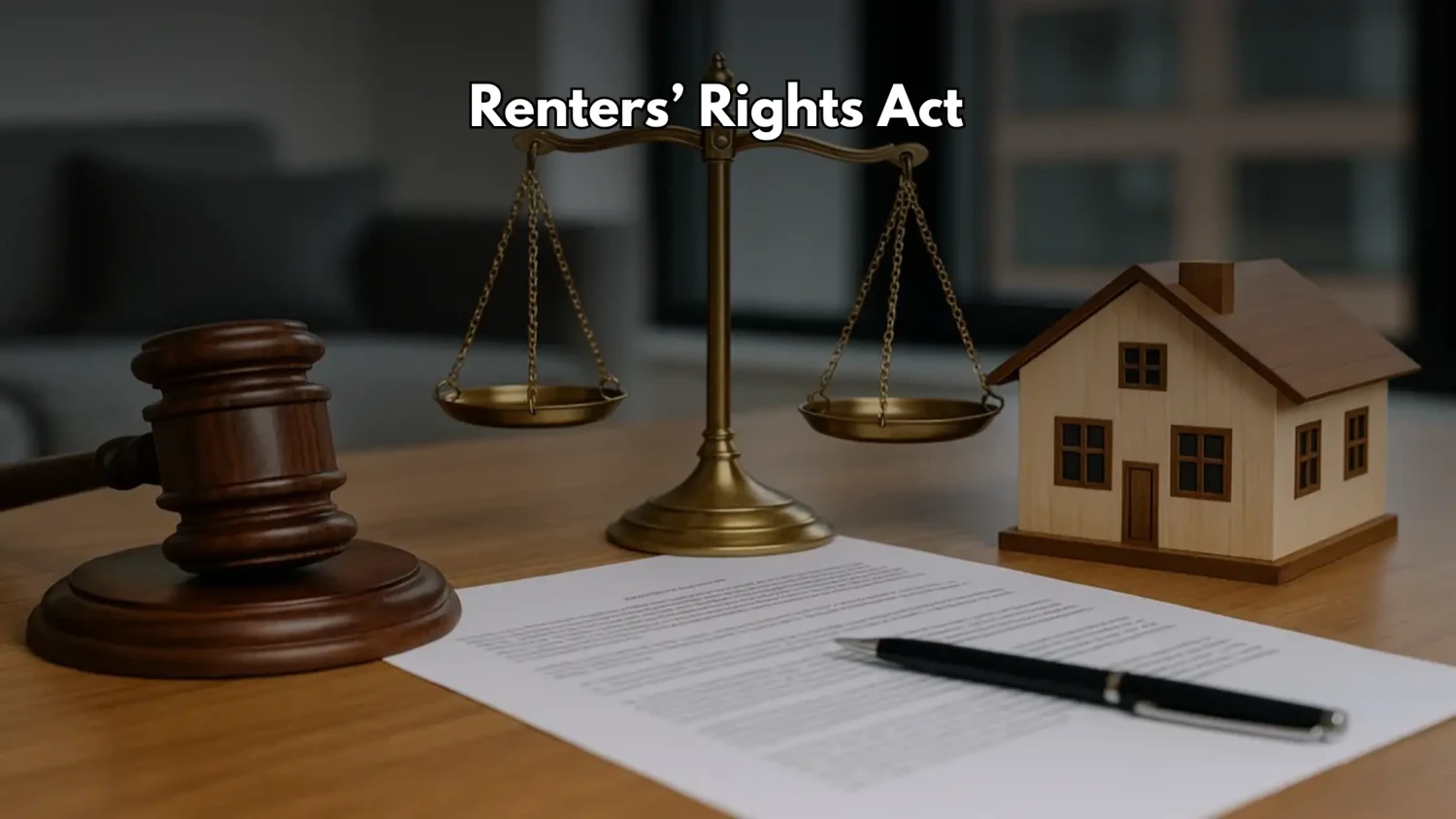
As well as property owners, tenants of rental properties also have rights and responsibilities. Tenants of long-term rentals can face particular problems in repair cases. A very small issue can escalate, like a dripping tap leading to a broken window or missing tiles on the roof. Knowing your legal rights, including how to lodge a repair complaint, can make all the difference between an endless battle, or being safe and happy at home with peace of mind.
This guide explains the UK rental market, including the obligations of landlords, the obligations of tenants, and what should happen when repairs are neglected.
Landlord Repair Responsibilities
In the UK, all properties for rent must be maintained and kept safe and in good condition by the landlord. Included in these is proper upkeep of:
The structure of the property and its outer parts.
- Basins, sinks, baths, toilets, and associated drainage systems.
- The heating system and hot water supply.
- Gas appliances, their flues, and ventilation.
- Electrical wiring.
- Any damage caused in the process of making repairs.
- For flats, the landlord is also responsible for maintaining the communal areas; stairs, lifts, and hallways.
These obligations apply to you when you rent through a private landlord, when you rent through the council and when you rent through a housing association. These are described as ‘section 11 repairs’ from section 11 of the Landlord and Tenant Act 1985 in England.
The landlords are also responsible for protecting the building from safety risk and hazards, and for keeping the building in a condition suitable for habitation during the tenancy. This will cover matters such as resolving any disrepair caused dampness and/or mould, pursuing gas safety checks to check safety annually, electrical safety, smoke alarms, carbon monoxide alarms and other potential fire hazards.
Tenant Responsibilities
The leaseholder is expected to use the property ‘as a leaseholder normally would,’ which includes:
- Keeping the property clean and adequately ventilated
- Making sure that gardens and other outdoor spaces are tidy and well-maintained
- Replacing lightbulbs or smoke alarm batteries—tasks that may seem minor but add up over time
- Reporting problems in need of repair without delay
- Permitting access for inspections or repairs at a reasonable time, following at least 24 hours’ written notice
Fair wear and tear is not your responsibility. Nonetheless, you might be liable for the costs of damage caused by you, your household, or your guests; for instance, blocked drains arising from misuse, or damage to an adjacent flat resulting from an overflowing bath.
How to Report Disrepair
Step 1: Inform Your Landlord
If there is something to be repaired in the property, the landlord or property manager should be notified shortly after the beginning of the lease. It is advised to keep a copy of the written request for your own records, ideally by email. In an emergency situation such as an electrical risk or a serious leak in a drain, the property manager should be notified immediately.
Step 2: Gather Evidence
Document all of the following to substantiate your case:
- Copies of emails or letters
- Notes of phone conversations with dates and names
- Photos of the problem, showing if it worsens over time
- Receipts for belongings damaged by the disrepair
- Medical notes if health has been affected
- Reports from professionals (e.g. surveyors or Environmental Health Officers)
Step 3: Follow the Complaints Process
Landlords providing social housing must have a clearly defined procedure to address complaints. Normally, such procedures involve:
- Acknowledging your complaint within 5 working days.
- Providing a formal reply within 10 working days.
- If you are unhappy with the resolution, there is a post complaint review process for the stage 2 complaint which can take place within 20 working days.
Private tenants may review their tenancy agreement or consult their local council for advice regarding repairs that have not been dealt with.
Step 4: Escalate the Complaint
In the event that repairs have not yet commenced:
- Environmental Health (for private tenants): council officers have the authority to conduct inspections and mandate repairs upon identification of hazards.
- Housing Ombudsman (for social housing tenants): after the completion of your landlord’s process, they offer free, independent resolution.
- Local councillor: for council-rented properties, issues can be escalated to an elected councillor.
- Taking legal action: under the Homes Act 2018, tenants may take their landlords to court, which functions as a last resort. The court may then order necessary repairs or award compensation.
What Happens if Repairs Are Ignored
Following outcomes might happen if disrepair is not dealt with
- If the disrepair is unsafe, Councils may charge landlords to have it corrected.
- Tenants may claim for damages through the Ombudsman or the court system.
- In serious instances, substandard housing may render a property legally “unfit for habitation.”
Payments on your rent should continue while the repair issues are being resolved, as nonpayment is a ground for eviction.
Conclusion
In the UK, tenants receive a good deal of protection through law but the condition of a rental unit can be a concern. Tenants must look after the unit and report any issues immediately, whereas landlords must keep the unit secure and in good condition. Where repairs have not been carried out, you have a clear procedure to follow which first involves making a formal complaint followed by the Ombudsman, the local council, and potentially the courts.
As long as you keep detailed records, follow the correct process, and know what you are entitled to, you will be able to ensure that your landlord does what they should be doing and then that your accommodation is safe and healthy.









